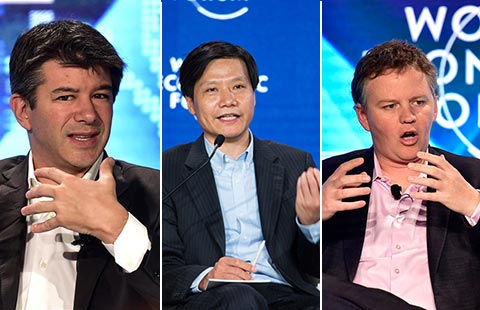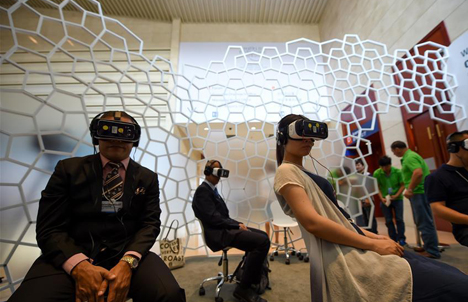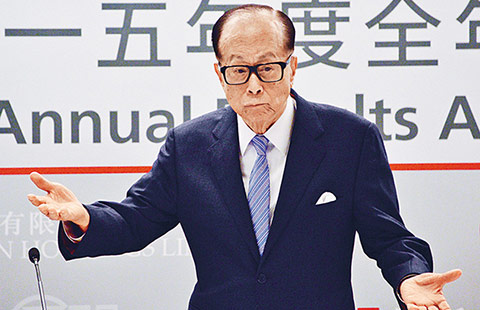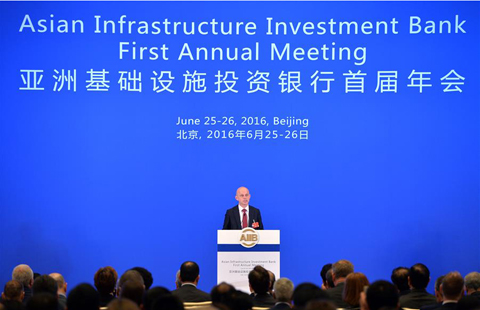Deloitte to open more offices around China
By Zhong Nan (China Daily) Updated: 2016-06-28 08:21Deloitte opens more offices around China to seek greater share of lucrative market
Deloitte, a global audit and advisory firm, will continue to set up new offices and build new partnerships with companies in China's central and western regions as the country is undergoing an industrial upgrading boom, said Gary Coleman, Deloitte's global industry and senior client advisor, on Monday.Eager to enhance its earning ability, the company set up two new offices in Changsha and Hefei in the first half of this year, after establishing offices in Wuhan, Chengdu and Chongqing over the past few years.
Coleman said China's fast growing 4G network would build a solid foundation for its manufacturers. This in turn would benefit greener, more efficient and sustainable development.
Indeed, manufacturing will be a key factor in determining competitiveness. Many countries have identified digital, intelligent and green sectors in the drive to develop high-end manufacturing.
China has been implementing a plan titled "Made in China 2025", aiming to enhance the country's manufacturing capacity under the guidance of technological progress, knowledge-based transformation and green development. This will help the Chinese economy grow at a faster speed.
"Connected industrial operations will consume less energy, since they are organized to optimize machine usage, labor, and product and service delivery," Coleman said. "Large Chinese manufacturers are already in an upgrading boom, while small and medium-sized companies also have the chance to benefit from this transformation."
He said that to achieve these goals, advanced software and internet applications in the field of big data analysis have to be established so that all parts of the value chain can communicate with each other.
Deloitte will deploy more resources in China to meet fast-growing demand for these services, focusing on the country's central and southwestern regions.
Supported by more than 13,000 employees, the financial and industrial service provider currently has 24 offices in China including Beijing, Guangzhou, Shanghai and Shenzhen.
"Such a major shift in manufacturing philosophy will affect global industry for years to come, and China will not be immune to this development," said He Jingtong, a professor specialized in modern manufacturing management at Tianjin's Nankai University.
- PwC says data analytics are transformative
- 'Policy tools can meet challenges'
- German robotics maker Kuka poised to sign Midea bid
- Insurers urged to improve information disclosure
- Brexit hits banks, scares off M&As
- Vote not seen impacting power project in UK
- BYD bets big on electric cars
- China Minsheng Investment's big push into aviation


















